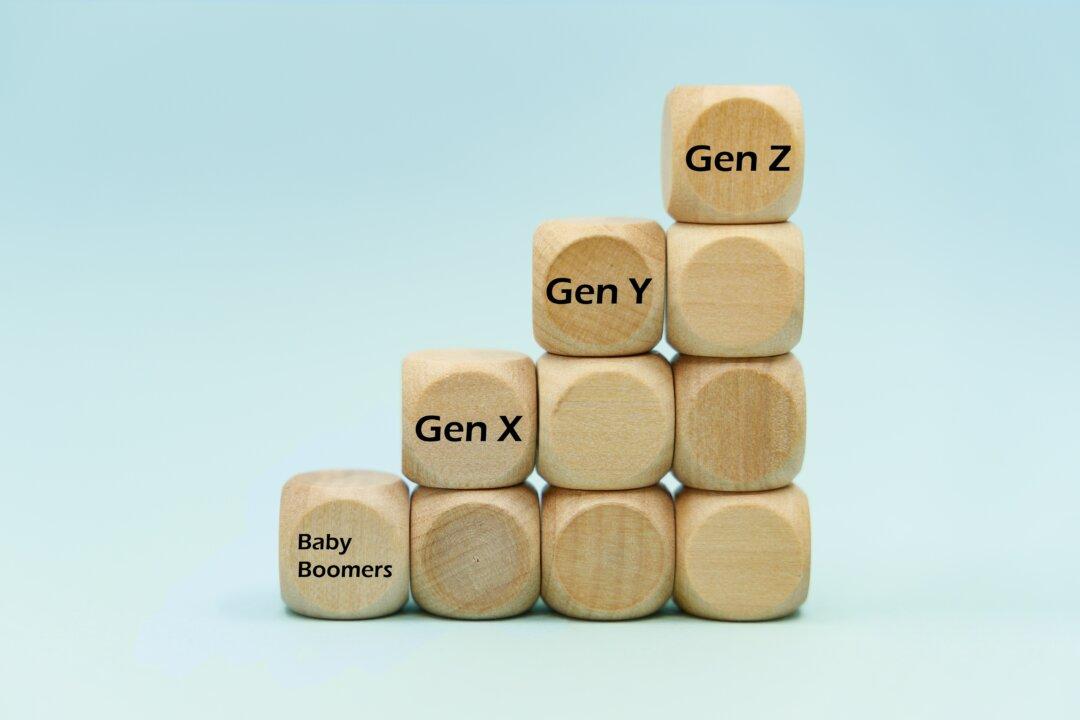At the end of 1946, the first year of the baby boom, there were approximately 2.4 million baby boomers. In 1964, the last year of the baby boom, there were nearly 72.5 million. The population peaked in 1999, with 78.8 million boomers.
Baby boomers make up more than 20 percent of the population. By 2030, all will be aged 65 or older, and Gen X (1965–80), millennials (1981–96), and Gen Z (1997–present), combined, will represent a much larger share of the population and resulting influence in American society.






